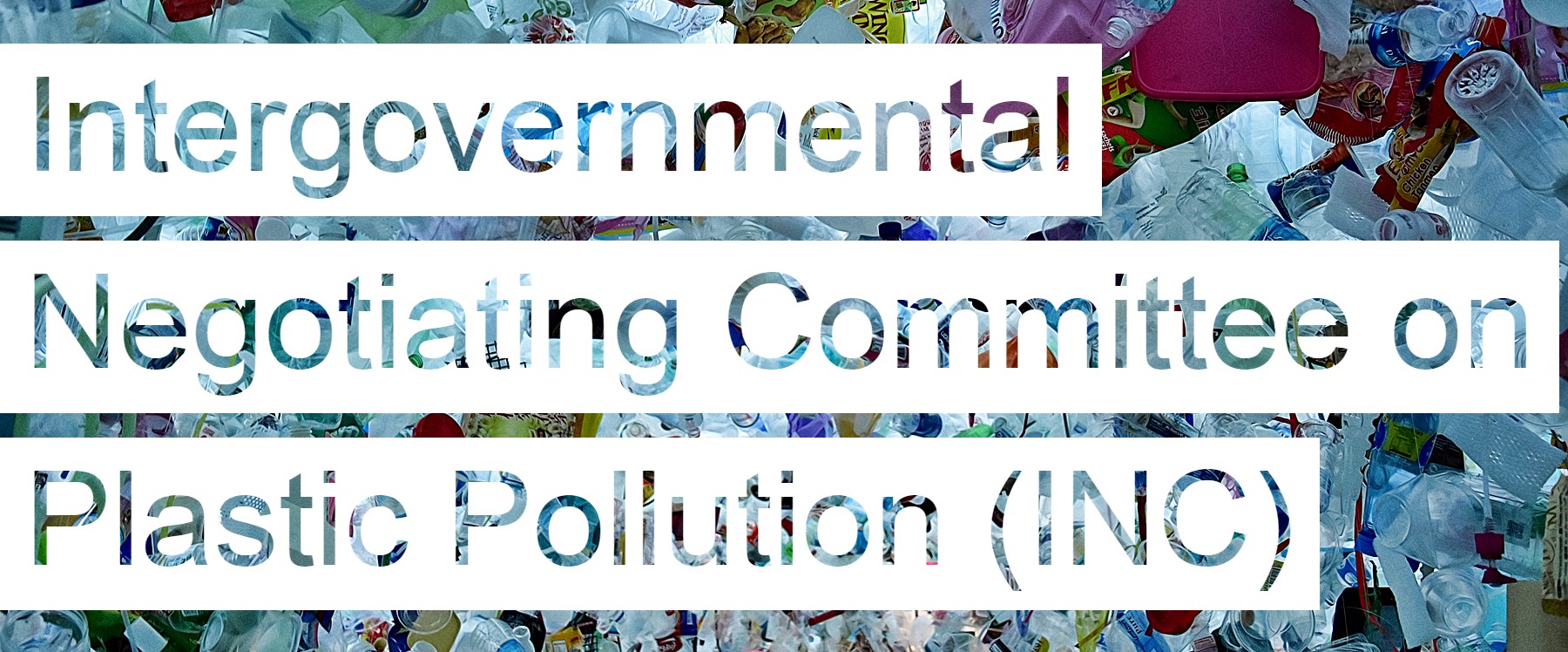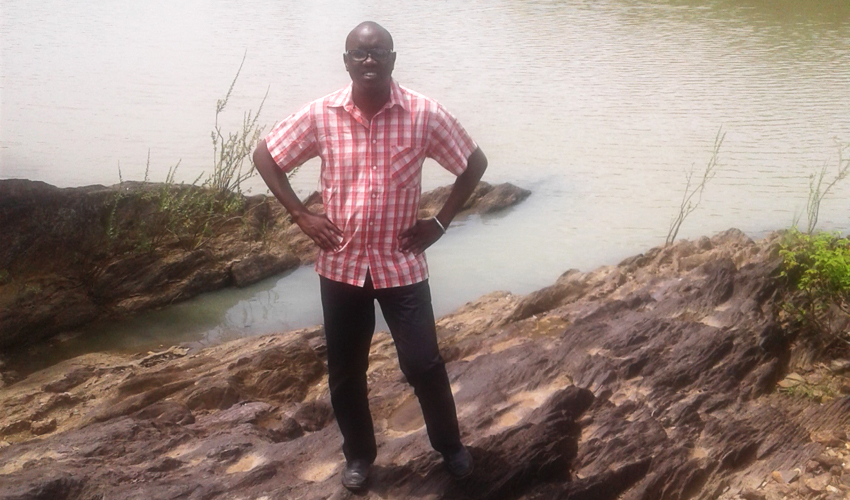‘Strategy games’ in Senegal engage economic actors in reconciling biodiversity and development
Since May 2020, IUCN has been working closely with Senegal's National Focal Point of the Convention on Biological Diversity to create an ambitious and shared vision for biodiversity and sustainable development, as part of BIODEV2030. The project is engaging all stakeholders, and particularly the economic actors across the country's priority sectors, by deploying an innovative mobilisation approach based on strategy games, also called serious games.
BIODEV2030 seeks to enable voluntary commitments to integrate biodiversity into key economic sectors. In Senegal, it has entailed a step-wise engagement process based on science.
- In 2020, a scientific assessment and diagnosis of national and sectoral threats to biodiversity, entrusted to Professor Sambou of Cheikh Anta Diop University, showed there is high pressure on biodiversity in Senegal. The results were shared during a national multi-stakeholder workshop in M’Bour. The stakeholders identified agriculture (crops and livestock), fisheries and mining sectors as priority sectors for BIODEV2030, and proposed to conduct an intersectoral study in the Thiès region.
- In 2021, an "inventory of the agriculture, fisheries and mining sectors, and scenarios for the commitment of stakeholders in these sectors to the preservation and restoration of biodiversity" in the Thiès region, was carried out by a consultancy firm.
- Earlier in 2022, the results of the inventory were validated by the National Biodiversity Working Group and technical experts from the various sectors.
These findings will now be the focus of a dialogue with key stakeholders to reach shared and ambitious commitments for biodiversity. With the support of a consortium of national and international consultants led by LEAF Inspiring Change GmbH, BIODEV2030 will deploy an innovative mobilisation approach based on strategy games, also called serious games, tailor-suited to the problem at hand to achieve the best results in a given landscape.
Strategy games are a facilitation technique that engages the user to explore the possible outcomes of their decisions, revisiting errors and exploring new solutions to a given problem. Biodiversity loss is already threatening people's livelihoods, food security, health and quality of life, and poses significant economic and financial risks. The strategy games deployed in Thiès will invite actors from different sectors to identify good practices that reconcile sustainable use of resources and economic development in their territory.
- Beginning this month, LEAF will start the modeling of six sessions of multi-actor and inter-sectoral strategy games in the region of Thiès. The process of designing the model takes into account the perspectives of the different stakeholders so that the game is contextually appropriate to bring out solutions and good practices. In addition, interviews with key actors will be held to investigate the voluntary commitments emerging from the field.
- Then, in October, the six strategy game sessions will take place, along with a high-level dialogue with Senegalese authorities, including the Ministers of Environment and Sustainable Development, Agriculture, Fisheries and Mines, and decision-makers from the various sectors.
By the end of the year, the BIODEV2030 project will wrap up with a workshop with national authorities and decision-makers participating in a strategy game. The aim of the game is to confirm the voluntary commitments that will feed into the national and cross-sectoral agenda to reverse the country’s accelerated loss of biodiversity by 2030.
The BIODEV2030 project is financed by the Agence Française de Développement (AFD), coordinated by Expertise France and implemented by IUCN and WWF.



